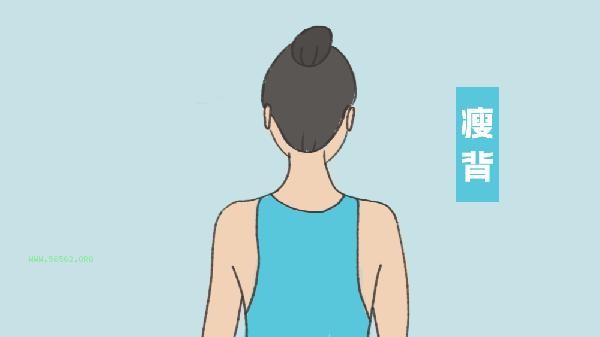Weight rebound after dieting is usually caused by water retention, muscle loss, metabolic adaptation, out of control diet, hormone fluctuations and other factors. Scientific adjustment of dietary structure, reasonable exercise, ensuring sleep, managing stress, and setting reasonable goals can effectively prevent weight gain.

1. Water retention:
Extreme dieting will lead to imbalance of sodium and potassium in the body, causing water retention. When there is a sudden decrease in calorie intake, the body will activate protective mechanisms to store more water to maintain electrolyte balance, and at this point, the weight scale reading will increase rather than fat gain. It is recommended to drink 1.5-2 liters of water daily, supplement potassium rich foods such as bananas and spinach in moderation, and avoid high salt diets.
2. Muscle loss: If a low calorie diet lacks protein supplementation, the body will break down muscles to provide energy. Muscle tissue density is greater than fat, and losing 1 kilogram of muscle may be accompanied by a loss of 3 kilograms of water. However, when resuming diet, the priority is to replenish fat. Adopting a high protein diet with 1.2-1.6 grams of protein per kilogram of body weight, combined with resistance training, can effectively protect muscle mass.
3. Metabolic adaptation:
Continuous calorie deficit can trigger a 10-15% decrease in metabolic rate, which is an evolved survival mechanism. After returning to a regular diet, the body is still in "energy-saving mode", and excess calories are more easily converted into fat storage. It is recommended to adopt a step-by-step calorie adjustment, with 1-2 days per week to maintain calorie intake, combined with high-intensity interval training to enhance metabolic activity.

4. Loss of control over diet:
Long term suppression of appetite can easily lead to retaliatory eating, especially high sugar and high-fat foods. Research has found that the incidence of binge eating among dieters is five times higher than that of the general population. Establish a dietary pattern of 80% healthy diet+20% elastic space, regularly consume desired foods in moderation, and use sugar free gum, black coffee, and other aids to control appetite for a more sustainable lifestyle.
5. Hormonal fluctuations:
Hormones such as leptin, ghrelin, and ghrelin undergo significant changes after dieting. A 30-50% decrease in leptin levels enhances hunger, while a 20-30% increase in ghrelin promotes overeating. Ensuring 7-9 hours of sleep, consuming sufficient healthy fats such as nuts and deep-sea fish, and avoiding prolonged fasting can help maintain hormone balance.
The essence of weight loss is the reshaping of lifestyle habits. It is recommended to adopt a mild plan of losing 0.5-1 kilogram per week with a daily intake of 300-500 calories. Prioritize choosing compound carbohydrates with low glycemic index, and pair each meal with high-quality protein in the palm and two fist sized vegetables. Combining aerobic exercise with strength training, consuming 2000-3000 calories per week. Pay attention to circumference indicators when recording changes in diet and weight, and women should be aware of the impact of menstrual cycles on weight. When experiencing persistent fatigue, hair loss, or menstrual disorders, it is advisable to consult a nutritionist in a timely manner.





Comments (0)
Leave a Comment
No comments yet
Be the first to share your thoughts!